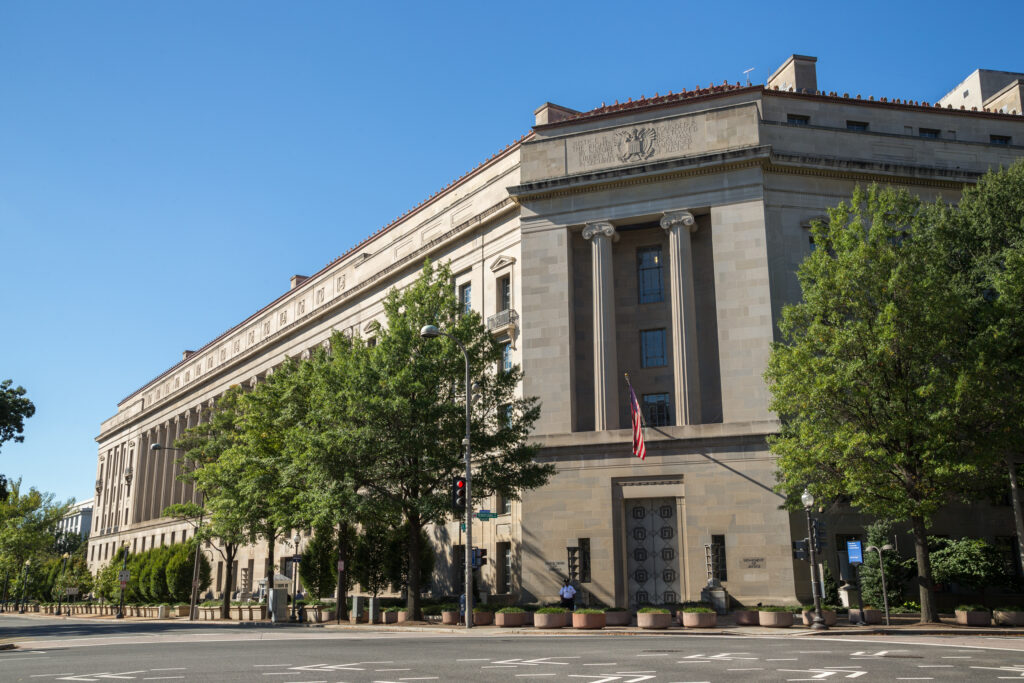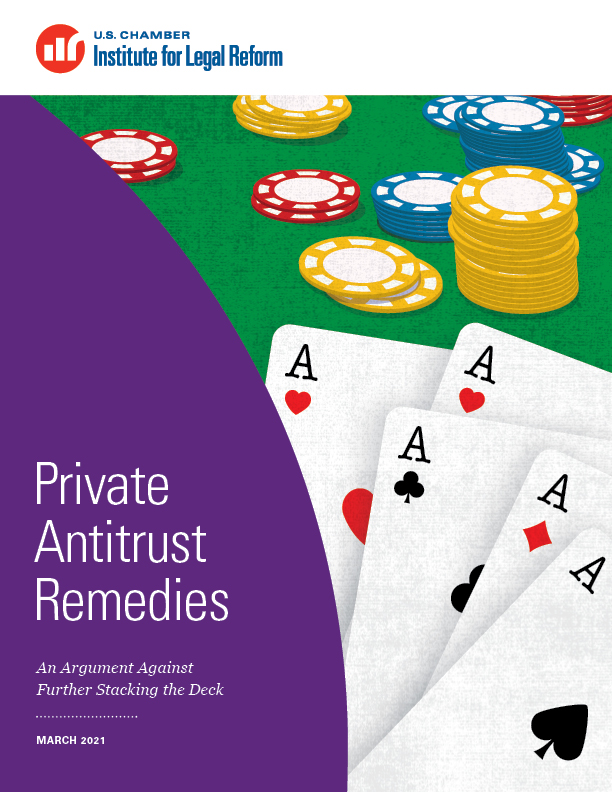WASHINGTON, D.C.—The Department of Justice’s new policy of enlisting companies to conduct criminal investigations of their employees as a condition of civil settlements—the so-called Yates Memo—will have a chilling effect on the ability of companies to cooperate and comply with the government, according to a new report released today at a symposium hosted jointly by the U.S. Chamber Institute for Legal Reform (ILR) and the National Association of Criminal Defense Lawyers (NACDL).
The report, written by Matthew Miner of Morgan Lewis, is entitled DOJ’s New Threshold for “Cooperation”: Challenges Posed by the Yates Memo and USAM Reforms; it is one of two papers that will be presented at a daylong conference called The Enforcement Maze: Over-Criminalizing American Enterprise. The event addresses the issues associated with the over-criminalization of American enterprise, the damage these policies cause to individuals as well as companies, and what should be done to reverse it.
The second piece, Enforcement Gone Amok: The Many Faces of Over-Enforcement in the United States, was written by John Beisner of Skadden Arps and details case studies of over-enforcement against a wide range of U.S. businesses.
“Government enforcement actions, whether civil or criminal, have increasingly become unhinged from reasoned enforcement practices and the concept of justice. The impact of these actions are having real world consequences and are of increasing concern to American business,” said Lisa A. Rickard, president of ILR.
Among the examples of the over-enforcement problem is the story of Kurt Mix. Mix was an engineer for BP who, with three others, successfully capped the Macondo well after forty days, only to be charged with a dozen felonies nearly two years later for partially deleted text messages. Mr. Mix will be speaking at the symposium and a video highlighting his story will be aired.
Senator Orrin Hatch, chairman of the Senate Finance Committee, and Rep. Bob Goodlatte, chairman of the House Judiciary Committee, as well as David Ogden, former deputy attorney general, and other legal and policy experts are featured in the symposium.
ILR seeks to promote civil justice reform through legislative, political, judicial, and educational activities at the national, state, and local levels.
The U.S. Chamber of Commerce is the world’s largest business federation representing the interests of more than 3 million businesses of all sizes, sectors, and regions, as well as state and local chambers and industry associations.



